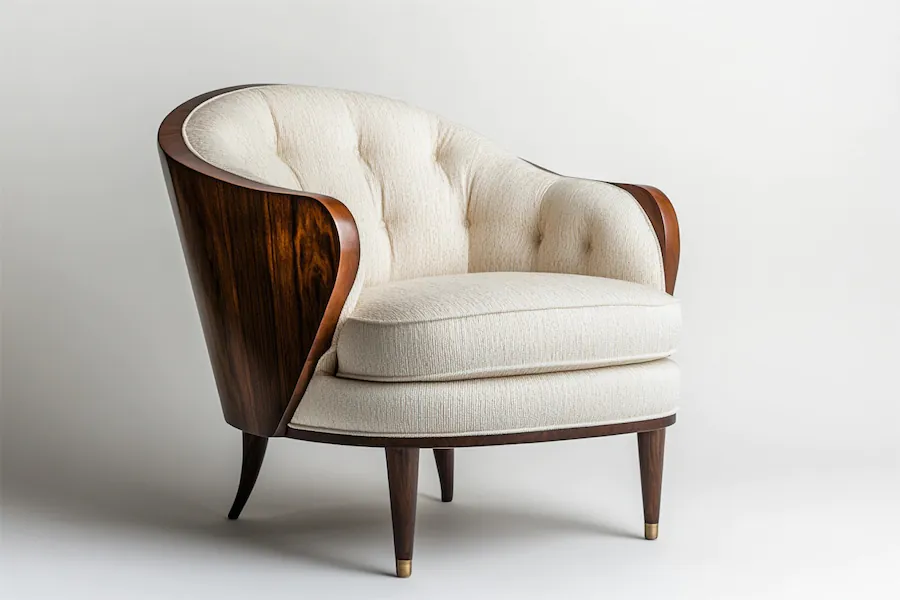Transitional style chairs blend traditional and contemporary design elements, offering versatility and timeless appeal.
History and Origins of Transitional Style Chairs
The transitional style emerged as a response to the rigidity of traditional design and the starkness of modern aesthetics. It seeks to harmonize classic and contemporary elements, creating spaces that are both elegant and current. This approach allows for greater flexibility in interior design, accommodating a variety of tastes and preferences.
Key Features of Transitional Style Chairs
- Design Elements: Transitional chairs often feature a mix of straight and curved lines, combining the ornate details of traditional styles with the clean, simple lines of contemporary design.
- Materials: Common materials include wood, metal, and upholstery fabrics in neutral tones, emphasizing comfort and understated elegance.
- Color Palette: Neutral colors dominate, with shades of beige, gray, and taupe, allowing the chairs to blend seamlessly into various interior settings.
Applications of Transitional Style Chairs
These chairs are suitable for various settings, including living rooms, dining areas, and offices. Their versatile design complements a range of décor styles, making them a popular choice for those seeking a balanced aesthetic.
Considerations When Choosing Transitional Style Chairs
- Space Compatibility: Ensure the chair’s size and design align with the room’s dimensions and existing décor.
- Comfort: Prioritize ergonomics and quality upholstery for optimal comfort.
- Quality: Select chairs made from durable materials to ensure longevity.
Conclusion
Transitional style chairs offer a harmonious blend of traditional and contemporary design elements, providing versatility and timeless appeal. Their adaptable nature makes them a valuable addition to various interior spaces, catering to diverse aesthetic preferences.
